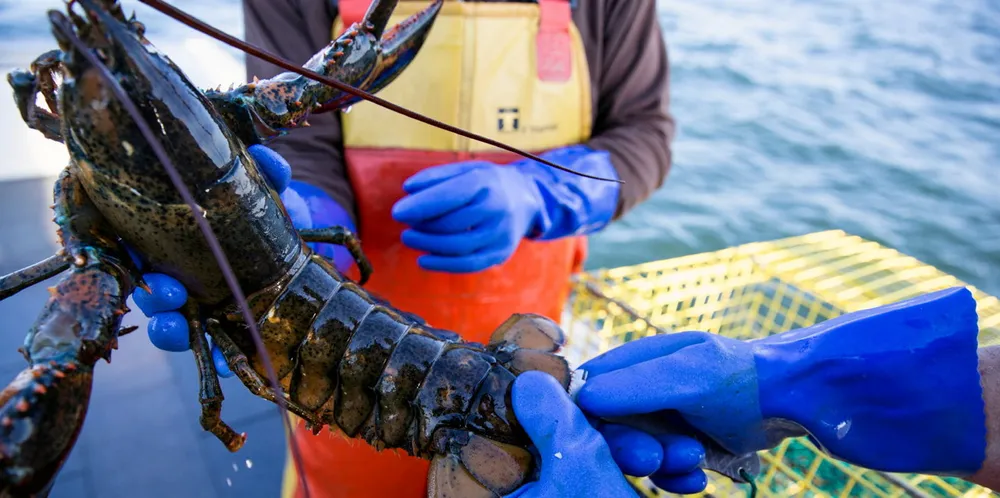After dropping effort to gain Marine Stewardship Council eco-label, some in Maine lobster industry wonder if it's worth the trouble
The end of what was an "expensive" and "time-consuming" process for renewal came as a relief for some, but the quest for the blue tick isn't over.
